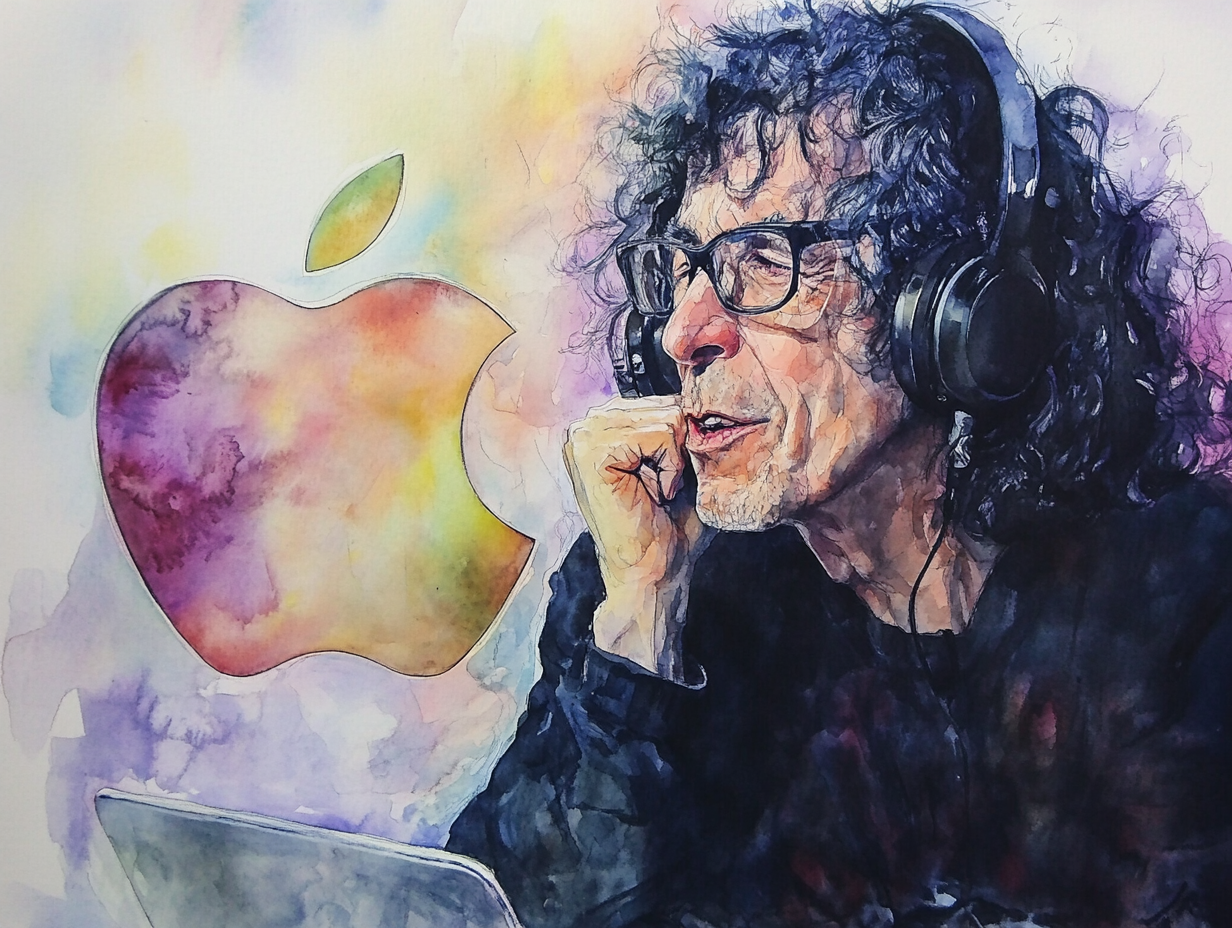Pod is Dead

Many people have known for some time that Apple, despite popularizing the format, lost the crown as the most popular podcast service a while ago, but these numbers, even if just directionally accurate, are fairly stark:
A study published last month, from Cumulus Media and Signal Hill Insights, shows YouTube — a traditionally visual platform — as the most popular podcast listening platform in the US, with 31% of respondents saying they use it. It’s followed by Spotify at 21% and Apple at 12%.
Looking at the historical data, Apple’s share has been shrinking for a while. In July 2019, 29% of weekly podcast listeners said they used the app the most.
Yes, it's just a study, but if you look at it, there's quite a bit of interesting information in it, and again, even just looking at the historical results paints a picture here. Five years ago, Apple had double the share of YouTube – it was roughly the size of YouTube and Spotify combined. Today, YouTube has almost triple the share of Apple, and it's nearly as big as Apple and Spotify combined.
That's one key thing: the big winner, again at least in this study, isn't Spotify. They've actually been fairly constant over the past few years, it's YouTube. And they're clearly just taking share from Apple.
Why? Well beyond the obvious element – video, more on this in a moment – a big part would seem to be discovery.1 That is, YouTube, as you might expect given the parent company, is a great search engine for content. Apple is... well, Apple.
Carman makes the case that the fact Apple never monetized podcasts kept them from truly caring about it. And there's undoubtedly some truth to that. But the reality is also that even if they were able to effectively monetize podcasting, it would never ever ever ever ever move any needle at Apple even the slightest bit given the hundreds of billions of dollars they make from selling iPhones and other devices. So you could argue that any attempts to monetize would have just led to disappointment for Apple.
That said, I think the flip side is important. Because Apple never monetized podcasts, they weren't able to help podcast creators monetize effectively and left them to do it on their own. Many will say this is good, as Apple was allowing podcasting to remain "open". But again, the reality is that others were always going to come along to fill this void and at first that was Spotify and now it's YouTube thanks to the latter's inherent advantages in creator tools and scale for monetization. But back to video:
But maybe the biggest recent reason Apple Podcasts has faded in popularity is its lack of focus on video – ironically the hottest podcast format at the moment. YouTube, Instagram and TikTok all push podcast clips through their algorithms, driving audiences to check out shows. Newer listeners might now associate podcasts with video more than they did in the past.
“Video seems to be where there’s definite growth, and they’re not even trying on that,” said Pierre Bouvard, chief insights officer at Cumulus Media, a radio conglomerate and podcast company, referring to Apple. (Apple Podcasts does support video distributed through RSS feeds, though the app doesn’t emphasize them in any way.)
As noted at the end, ironically, Apple had video support very early on – if memory serves, they touted it at one point on the old video iPods! But they completely failed to see how big of a thing it would become. Still, they probably should have realized it once Spotify did the original Joe Rogan deal and a big component of it was how the video element would be handled.
I think the post I wrote about that deal four years ago entitled "The End of Podcasting’s Innocence" stands up pretty well. Many people, notably some ixndependent podcasters, were upset about it and the deal in general, at the time. But it was pretty clear where this was heading. And while things have actually opened up a bit more with Rogan's and other Spotify exclusive podcasts now widely distributed again (despite a new, even more massive Spotify deal) as that company has changed tactics (to ad sales), the fact that these massive podcasting deals are happening seems to be solidifying the haves from the have-nots.
And Apple? Well, they're still trying to make subscription podcasts happen with the help of Sirius and a few others. Maybe it works to some extent as a part of the Apple One bundle, but it's hard to see how Apple claws back major market share...

Update September 3, 2024: Here's an idea for Apple...

1 Oh, and the fact that many watch YouTube on desktop computers. Perhaps that's part of the reason why Apple just launched Apple Podcasts on the web?


